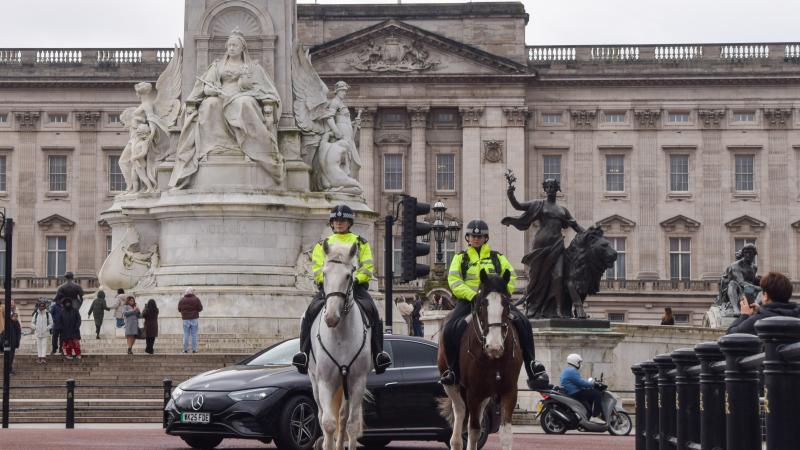House, Senate panels start this week considering changes to 135-year-old Electoral Count Act
Congress has little time to draft and pass any measure to alter 1887 law, considering members leave in a few weeks for Nov. 8 midterms.
House and Senate committees starting this week will begin work on measures to change how U.S. presidential election votes are counted and certified – including possibly amending the 135-year-old Electoral Count Act and clarifying the vice president's role in the process.
The House Rules Committee will take up the the Presidential Election Reform Act with a floor vote as early as Thursday, according to The Hill. Jan. 6 committee members Liz Cheney, R-Wyo., and Zoe Lofgren, D-Calif., introduced the plan on Monday. Their legislation seeks to clarify the role of the vice president in certifying the election as solely "ministerial" nature. It also aims to raise the bar for senators to object to election results.
The Senate Rules and Administration Committee announced Friday it will work on a bipartisan bill later this month to revamp the 1887 law and clarify what happens during presidential transitions.
Still, both committees have little time to draft final legislation and get it passed, considering there are few legislative days remaining before the Nov. 8 elections that will decide whether Democrats keep their majority in the House and Senate.
The chairwoman of the Senate committee, Minnesota Democrat Sen. Amy Klobuchar, and the panel's top Republican, Missouri Sen. Roy Blunt, say the "markup" of their bill will be on Sept. 27 – just days before the Senate is set to leave Capitol Hill until after the November elections.
The Senate legislation would raise the threshold needed for Congress to consider an objection to a state's Electoral College votes – from one in each chamber to one-fifth of the House and Senate. It also will reportedly clarify the vice president's role as "ministerial" when electoral votes are counted, Roll Call also reports.
The efforts follow the 2020 elections in which lawyers for then-President Trump and other legal experts had varying interpretations of the Electoral College law including the authority in the process of a vice president. Rioters on Jan. 6, 2021, attempted to stop Congress' certification of the Electoral College results.
Ten GOP senators have reportedly agreed to the upper chamber bill, which would give the Senate's 50 Democrats the 60 votes needed to at least get a final vote for passage.















